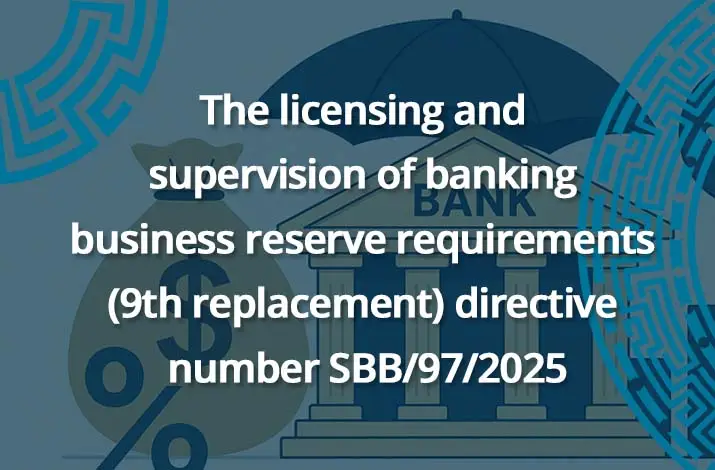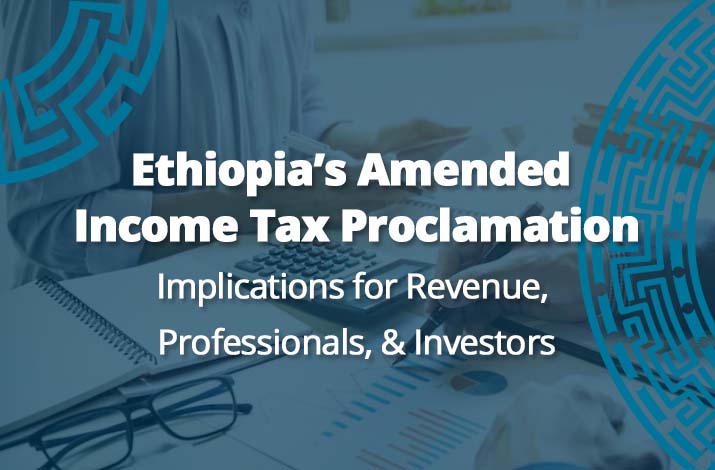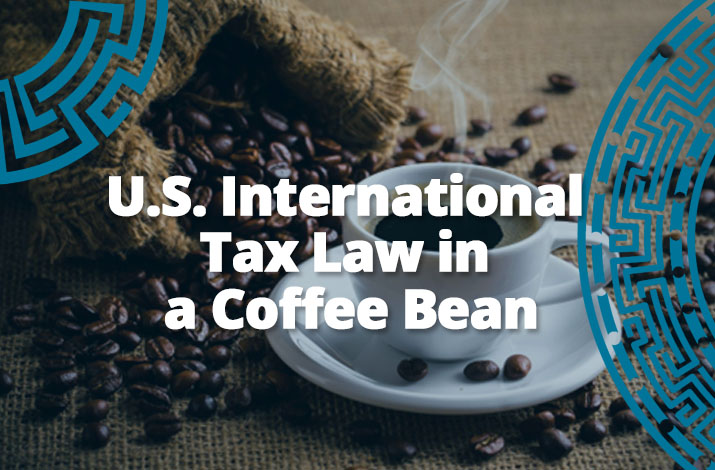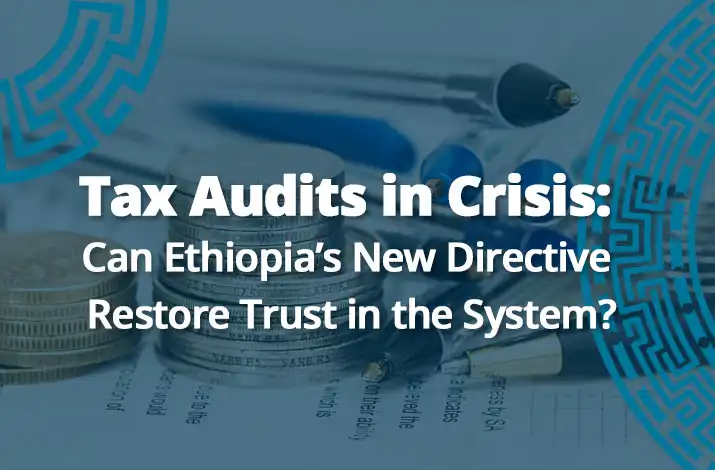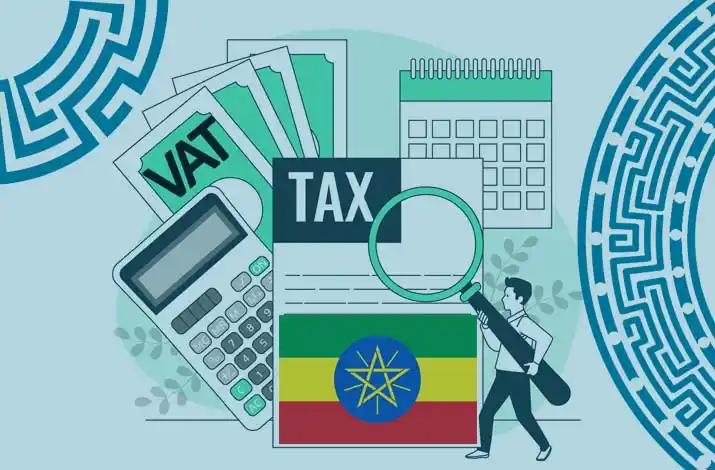Navigating the Maze: Fair Market Value Issues in Ethiopian Tax Law
By Ketema Adane
The Importance and Challenges of Fair Market Value:
The issue of “Fair Market Value” (FMV) plays a central role in Ethiopian tax law, impacting various aspects like asset costs, sale considerations, and in-kind benefits. It ultimately affects taxes and helps prevent tax evasion. However, determining FMV presents significant challenges.
The complexities inherent in the principle itself, combined with the unique characteristics of the Ethiopian market, create difficulties. Additionally, the lack of a clear legal framework and a dedicated system for determining FMV further complicates the issue. While scattered provisions exist across various tax laws, a comprehensive framework is missing, making it a “maze” to navigate for both taxpayers and authorities.
The Need for Clarity and Transparency:
The lack of clear guidelines for determining FMV often leads to arbitrary assessments by tax authorities, resulting in lengthened disputes for both parties. This issue is particularly problematic when valuing stocks or shares, especially in related parties’ transactions. Addressing these controversies and fostering a more transparent and predictable tax environment requires a thorough examination of FMV rules and principles within the Ethiopian tax system.
FMV Under Tax Administration Law
Proclamation No. 983/2016 defines FMV for various tax purposes in Ethiopia. FMV is the price agreed upon by willing buyers and sellers in an ordinary open market transaction at a specific time and place.
Determining FMV follows a specific order. The preferred method is the “ordinary open market value,” which considers the actual price of goods and services in the open market at the particulare time and place. This takes into account market conditions like retail, wholesale, or specialized markets. However, transfer pricing rules take precedence over FMV rules for cross-border transactions.
If the actual transaction value is unavailable, the “similar transaction method” is used. This involves using the value of a similar transaction with adjustments for any differences. Finally, if neither of the above methods work, the Ethiopian Ministry of Revenues determines the FMV based on generally accepted valuation principles. It’s important to note that the FMV might differ from the actual price paid, and while the Ministry can issue directives for specific FMV determinations, no such directives have been enacted yet.
FMV of Excisable Goods (Excise Tax Proclamation No. 1186/2020)
The FMV of excisable goods in Ethiopia, as defined by Excise Tax Proclamation No. 1186/2020, is the expected price for those goods or services in an arm’s length transaction at the wholesale level, at a specific time and place. This essentially means the price two unrelated parties would agree on in a normal or ordinary open market setting.
However, if determining the ordinary open market value proves difficult, a reasonable approximation based on the Tax Administration Proclamation can be used. Additionally, the ex-factory selling price is considered:
- If the manufacturer sells directly (not an arm’s length transaction), the FMV is the price paid by the purchaser.
- In other cases, the FMV is the ordinary open market value at the time the goods leave the factory.
Value of a Supply under Value Added Tax (VAT) (Proclamation No. 285/2002 )
VAT Proclamation No. 285/2002 defines the value of a supply for VAT purposes in Ethiopia, considering various scenarios.
The most common scenario, the “Standard Case,” defines the value as the amount received or receivable for the supply, excluding VAT. This amount includes duties, taxes, and other fees.
For barter transactions, the value is determined by the market price of the goods or services received, excluding VAT.
The proclamation also addresses situations involving “Free Supplies,” where the value is again the market price of the goods or services supplied, excluding VAT. However, this applies only to specific situations like canceling registration (unsold goods), and not to providing business samples.
In cases of “Self-consumption/Employee Supplies,” where goods or services are used for non-taxable activities or supplied to employees, the value is determined by the cost price of the goods or services, excluding VAT.
It’s important to note that the proclamation allows the Minister of Revenue to issue directives for calculating the value of “uncovered supplies,” which are situations not explicitly addressed by the existing rules. However, no such directives have been enacted yet.
Conclusion
In conclusion, determining FMV in Ethiopia’s tax system is complex due to the lack of a clear legal framework and a dedicated system. This ambiguity leads to disagreements between taxpayers and authorities, often resulting in disputes. The current system relies on the “ordinary open market value” method, but if unavailable, similar transactions or the Ministry’s determination are used. Introducing a comprehensive FMV framework is crucial to fostering transparency and predictability in Ethiopia’s tax environment.

